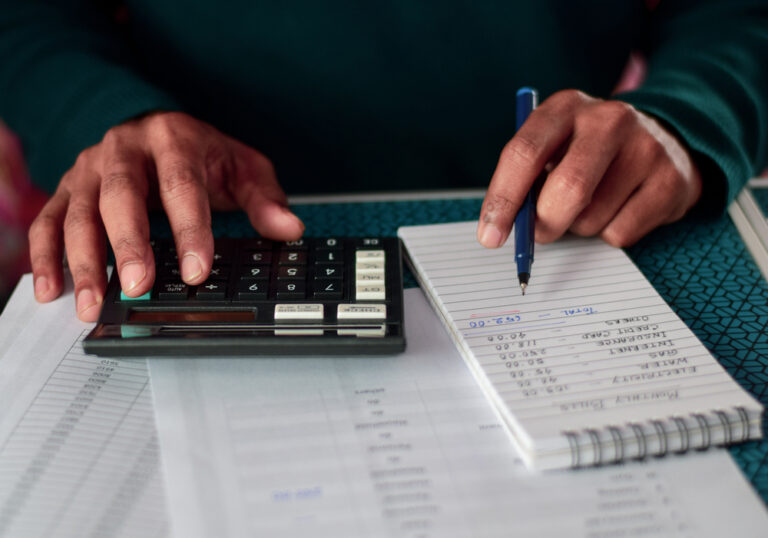CategoriesResidential
Before searching for your dream home it’s crucial first to understand your budget. Getting a grip on how much mortgage you can afford can narrow down your search and ensure that your finances are in check.
First, take a look at the types of mortgages that are offered in the UK.

With a fixed-rate mortgage, your interest rate always remains the same throughout the duration of the loan. This will ensure that the monthly payments will remain the same giving a sense of stability throughout your loan agreement. This type of mortgage is best for those who have strict and volatile budgets, including those who are self-employed.

The variable mortgage says what it does on the tin, varies. The interest on this mortgage is charged on the remaining balance of the loan instead of the payments themselves. In the UK there are several types of variable mortgages including tracker mortgages and discount mortgages. A tracker mortgage is based on the Bank of England’s base rate plus a fixed margin set by your lender. A discount mortgage offers a discount off the lender’s standard variable rate (also known as SVR) for a set period which is not tied to an external rate.

This mortgage allows the borrower to reduce the amount of interest charged by offsetting a credit balance such as savings. For example, if your mortgage was £200,000 and you had a saving of £20,000 you would only be charged interest on £180,000 of the loan. This mortgage is best for those with large savings aside from their deposit.

One of the largest factors in determining mortgage affordability is your current income and any outstanding debts. Most lenders will use a debt-to-income ratio (DTI) to calculate your mortgage affordability. A DTI works by dividing your total monthly debt payments by your gross monthly income and then expressing it in a percentage. An ideal DTI ratio would be between 36% to 43% and shows lenders that you have a good relationship with debt and lending.

Saving for a house can be a daunting thought. Most lenders suggest you save between 5-15% of the value of your home. So for a £200,000 home between a £10,000 and £25,000 mortgage would be suitable. There are a variety of government and banking tools to support your savings.

Beyond saving for a deposit it’s important to consider hidden and additional costs. During the process of purchasing a home, you’ll need to consider stamp duty and potentially land tax. You’ll also need to consult with a solicitor and fund any paperwork filing that will need to be done during the purchase journey.
There are three main considerations during calculating your mortgage including; which mortgage is most suitable for you, how much you can afford and how much you need to save.
Before making any decisions on mortgage affordability it’s important to consult the correct financial advisors and obtain a mortgage in principle.
